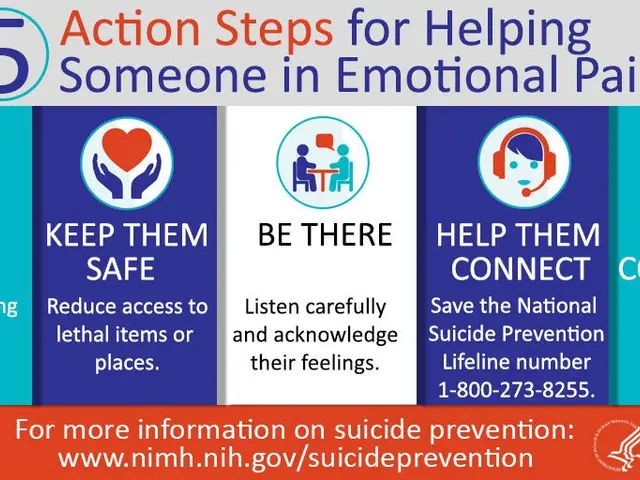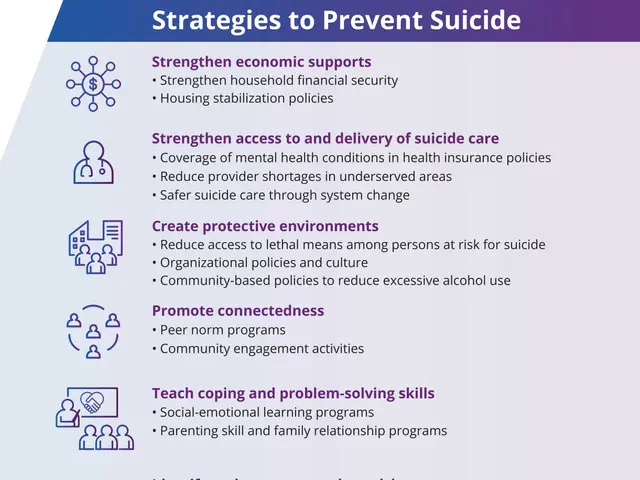Understanding social anxiety and how to overcome its daily challenges
Social anxiety affects many people, causing fear in everyday social situations. Those who struggle with it often avoid gatherings, worry about judgement and experience physical symptoms like sweating or a racing heart. The condition can stem from genetics, upbringing, or deep-seated psychological factors.
While challenging, social anxiety can be managed through various approaches. Therapies, lifestyle changes, and gradual skill-building offer ways to reduce its impact.
The roots of social anxiety vary. Some cases link to genetic predispositions, while others develop from environmental influences like bullying or overly protective parenting. Psychological factors, such as negative self-image or distorted thinking patterns, also play a role. People with the condition frequently fear being scrutinised, leading them to avoid eye contact or social events altogether.
Treatment options exist to help individuals regain confidence. Cognitive Behavioural Therapy (CBT) and exposure therapy are common methods, alongside mindfulness and relaxation exercises. Medication can also provide support in severe cases. Research, including studies by Pim Cuijpers on psychotherapies for depression, highlights the effectiveness of structured interventions in improving mental health outcomes.
Beyond therapy, practical steps make a difference. Regular exercise and a balanced diet contribute to overall well-being, which can ease anxiety symptoms. Setting small, achievable social goals and practising skills in low-pressure settings helps build confidence over time.
Social anxiety does not have to be a lifelong barrier. With the right combination of therapy, lifestyle adjustments, and gradual exposure, many people learn to navigate social situations more comfortably. Recognising the causes and available treatments provides a clear path toward managing the condition effectively.







